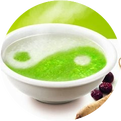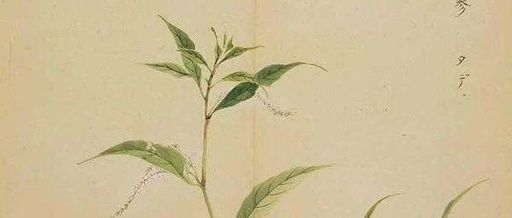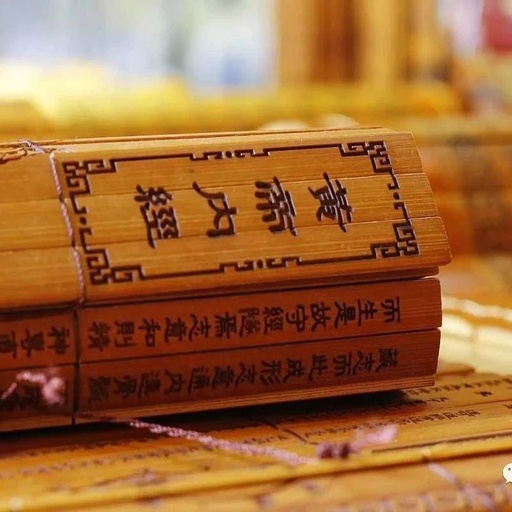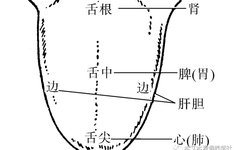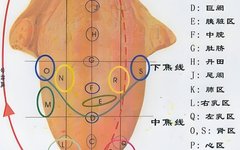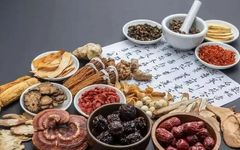Dizziness, Fatigue, and Pale Complexion: Could It Be ‘Blood Deficiency’? The Importance of Recognizing Blood Deficiency in Traditional Chinese Medicine
In general, Traditional Chinese Medicine (TCM) believes that Qi and Blood are fundamental to the human body. When Qi and Blood are abundant and flowing smoothly, diseases do not arise. Conversely, if there is a deficiency of Qi and Blood, it can lead to feelings of fatigue and weakness. If Qi and Blood are insufficient … Read more

